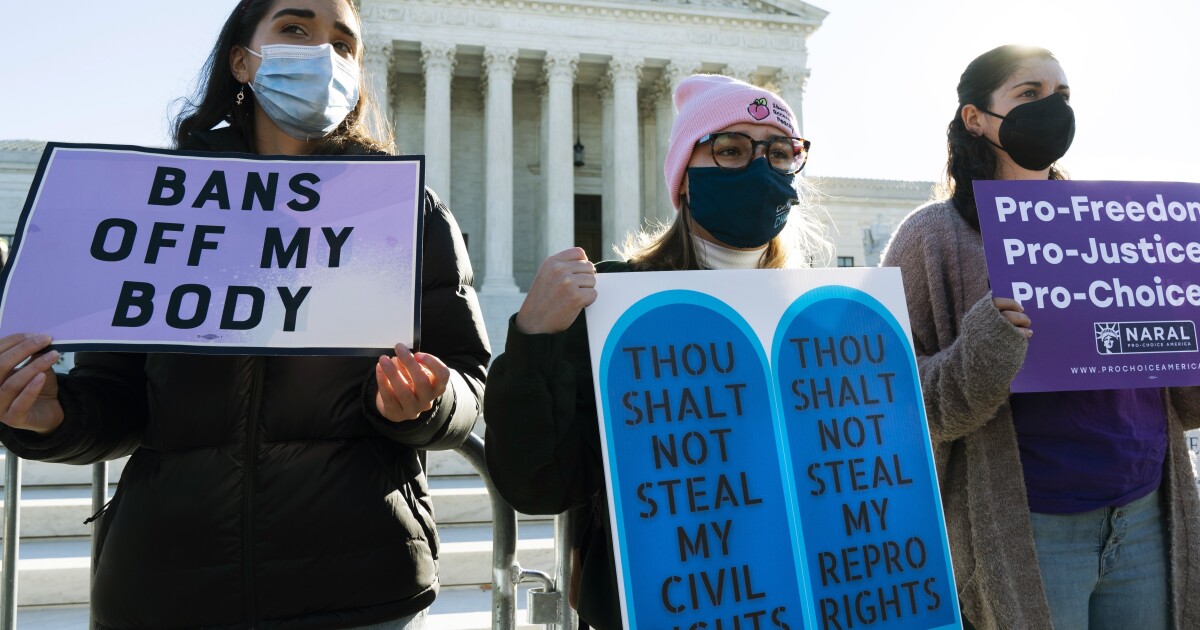

Some high school students are reconsidering their top college choice based on the abortion laws of the state in which a university is located following the Supreme Court’s decision to overturn Roe v. Wade.
Kristen Willmott, a counselor with Top Tier Admissions in Massachusetts, told Reuters some high school students have removed Texas, Florida, and Tennessee from their top state choices due to their restrictive abortion laws. The CEO of Prepory, a college counseling company in Florida, also noted a priority shift in future college students.
COLLEGES OFFER STUDENTS COUNSELING TO ‘COPE’ WITH ROE V. WADE REVERSAL
“Some of our students have explicitly stated that they will not apply to colleges and universities in states which may infringe on their access to reproductive rights,” said Daniel Santos, the CEO of Prepory.
Some students have even removed their top school choice or their parents’ alma maters from their lists of consideration. Maryland high school senior Alexis Prisco said she had planned to apply to Washington University in St. Louis, Missouri, the same school both of her parents went to.
“Now my mom has warned me that I need to be very careful when applying to schools in states with trigger laws,” Prisco said.
Another student, Nina Huang, who was planning to apply to Oberlin College in Oberlin, Ohio, which banned abortion after cardiac activity is detected in the fetus, said she does not want to attend a university in a state with a ban on abortions. Cardiac activity usually occurs about six weeks into a pregnancy.
The Supreme Court’s decision last month in Dobbs v. Jackson Women’s Health Organization to overturn Roe and the subsequent ruling in Planned Parenthood v. Casey is not the first time high school students have become wary of which universities to attend based on state laws.
CLICK HERE TO READ MORE FROM THE WASHINGTON EXAMINER
In 2016, North Carolina restricted the bathrooms that transgender people could use, requiring transgender people to use public bathrooms based on the person’s biological sex rather than identity. The law caused future college students to reflect on whether to attend top-tier schools in the state, including Duke University and the University of North Carolina, Chapel Hill. However, applications to UNC-Chapel Hill still increased by 14% from 2016-2017 despite the hesitancy of some students, according to the outlet.
The publication noted that it’s still too soon to tell exactly how much the bans will affect applications to colleges and universities in the 10 states that have fully banned abortion.






